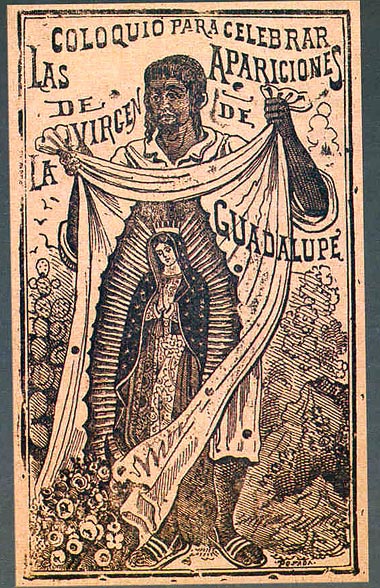“CAN YOU TAKE YOUR EYES OFF US?” (Lk 5:17-26): 10 December 2007 (Monday)
Reading: www.nccbuscc.org/nab/121007.shtml
One interesting film I saw months ago is “Closer,” a realistic and sometimes painful portrayal of what happens in people’s relationships. But what has lingered long after the credits all these months is not so much the story or the characters, but this unfamiliar but hauntingly beautiful song called “The Blower’s Daughter” by Damien Rice (shown in photo). The refrain is just really simple; it goes, “I can’t take my eyes off you,” but the line is repeated over and over and over again. Hearing it, one can’t help but be moved by the singer’s obsessive, desperate need.
For some reason, I thought of this song when I read the gospel story today: Jesus is busy teaching in someone’s house, and a slight commotion distracts him. Before he knows it, a paralytic is lowered from the roof for him to heal. The crippled man’s face catches his eye, and he can’t take his eyes off him. If I were making a film, here is where the song begins to play.
Of course songwriter Damien Rice didn’t have this in mind at all when he wrote the song. There’s been a lot of interest in the meaning of this song in the internet because after all, who can guess what the ‘blower’s daughter’ means? So far I’ve found the best answer in a blog that says it refers to the daughter of Damien’s clarinet teacher (Ah!).
But for our purposes, I think we can depart from the author’s intention. There’s a principle in literary interpretation that says that after the text is written, “the poet is dead”–i.e., aside from the author’s intended meaning, there is also “text meaning,” which is an equally legitimate interpretation as long as it can be justified by the text.
Here’s my take on the song: For me, the song may well apply to the Lord since it expresses how he feels about the world and about us. Think about it: He becomes human and as the first lines of the song, he tells his Father, “And so it is / just like you said it would be. / Life goes easy on me / most of the time.”
It’s an almost ordinary life he leads, but when he gazes upon his Father’s world–the sky, the oceans, the universe–and especially when he sees us, his Father’s sons and daughters, with all our hopes and dreams mixed with all our fears and pains, he is smitten. He is helpless. He gets weak in the knees and can’t take his eyes off us. He pretends to look away, and the song has a great phrase for it: “The pupil in denial.” He wants nothing more than to gather us in his arms and take away all our fears and pains and turn them into joy.
So today we ask him, “Can you take your eyes off us?” And we know the question is rhetorical because the answer is obvious: He can’t. His love won’t permit him to. Even as he hung on the cross, his eyes remained fixed on us. But then, we have to do our part to let him love us. Like the paralytic whose friends had to climb a roof just to bring him to the Lord, we too have to find ways of getting to the Lord. If we do, we can be sure that he will not turn away from us. He can’t. His love won’t let him.
Note: I’ve uploaded the song. If you’re up to it, take a listen and imagine the Lord singing it–first to God, then to you. The “blower’s daughter” can refer to God’s creation, most especially ourselves, whom the Lord has been calling on to turn around and return to the Father. Some people don’t like the way the song ends because it says, “I can’t take my mind off you…`till I find somebody new.” But it applies to the Lord when you think about it since he has to keep his eye on so many of us.
I’m also posting the lyrics below for your reference. If you wish, you can watch the music video, too. It doesn’t hurt too that I think Damien resembles our usual images of Christ.
“The Blowers Daughter”
(from azlyrics.com)
And so it is
Just like you said it would be
Life goes easy on me
Most of the time
And so it is
The shorter story
No love, no glory
No hero in her sky
I can’t take my eyes off of you
I can’t take my eyes off you
I can’t take my eyes off of you
I can’t take my eyes off you
I can’t take my eyes off you
I can’t take my eyes…
And so it is
Just like you said it should be
We’ll both forget the breeze
Most of the time
And so it is
The colder water
The blower’s daughter
The pupil in denial
I can’t take my eyes off of you
I can’t take my eyes off you
I can’t take my eyes off of you
I can’t take my eyes off you
I can’t take my eyes off you
I can’t take my eyes…
Did I say that I loathe you?
Did I say that I want to
Leave it all behind?
I can’t take my mind off of you
I can’t take my mind off you
I can’t take my mind off of you
I can’t take my mind off you
I can’t take my mind off you
I can’t take my mind…
My mind…my mind…
‘Til I find somebody new
(image: weblogs.newsday.com)


